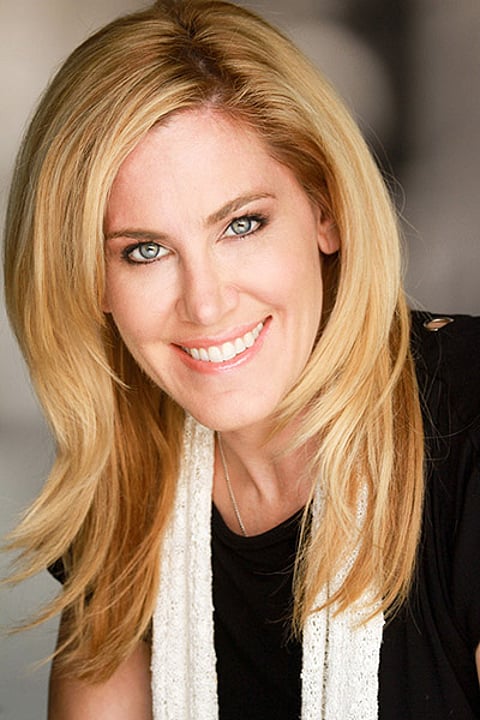Ask Holly!
By Holly Nicholas Signorelli
In over twenty years as a CPA I have seen the same trends over and over again when it comes to mortgages. When the markets are booming, people tend to overextend themselves on their house, hence the phrase "house poor." The problem is that when the markets tank, there are foreclosures and bankruptcies that truly could have been avoided by following a few very simple things. I call this the "Flip Flop" theory because it's based on emotion and fear. It's a reaction of one extreme to the other, and the key that is missing is balance. Here are five things you need to know:
First of all, take a solid look at your budget and decide how much you can afford and absolutely do not overextend or budge on that number. That number, by the way, should include your tax and MIP (Mortgage Insurance Premium, if you owe more than 80% on your house). Most calculators online tell you that you can put up to 30% of your income into your house payment, but remember; you may have other bills and debts. Look at your house payment, monthly expense to run the house, your car and consider any credit card debt or other significant expenses that you may have regarding your kids or your personal spending. For example, if you love to travel, then you may want to keep your house payment down so that you have that discretionary number. Many times, 30% is still too high, so talk to your professional CPA or other advisor to be sure that you are including everything. It's very sad when people overextend on a house, only to find out that maintaining a larger house costs more than they anticipated and they get in over their head very quickly.
It's Ok to have MIP. Yes, I said it! It's not the worst thing in the world if you are in a payment plan you can afford. It's much better to have MIP, than to put too much down on a house and not have any savings.
Never, under any circumstances, put a significant amount of money on the house if you do not have at least 2-3 times more than that in savings. Again, if you have not overextended yourself on your monthly payment then you are better off putting that money in the bank. If you are afraid you might lose your job or go through a difficult time, the money will still be there to use as your monthly payment. On the other hand, if you put too much money down, which a lot of people do to save on MIP, then if something does happen to your job you won't have a back-up plan. And by the way, no one will refi your house if you are out of a job!
Please do not under any circumstances pay for your house in full, unless your retirement plan is fully intact. This is a very bad decision that is based on the fear of someone taking your house away. It ultimately results in you having to refi your house and pay fees to get your own money back. If you are set on retirement, then by all means, pay for your house in full. If not, then take advantage of the record breaking low interest rates combined with your tax deduction and keep the money in your savings.
I do notice that the majority of people that overextend on a house, have just come off of a banner year. My theory on this this is that they do not think they will have another big year, so that want to "lock in" the house. Even if you do have one banner year, and you do not believe you will have another (which usually is not the case), you still need to cover your bills, taxes and put money aside, before you use the rest on your house. The theme here is #balanceyourspending so that you can have it all, and when you prioritize your bills, taxes, and savings, then whatever is left, feel free to play!

